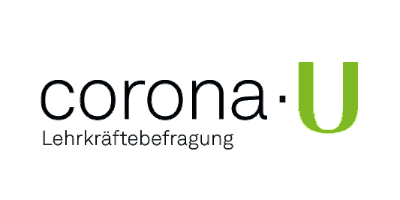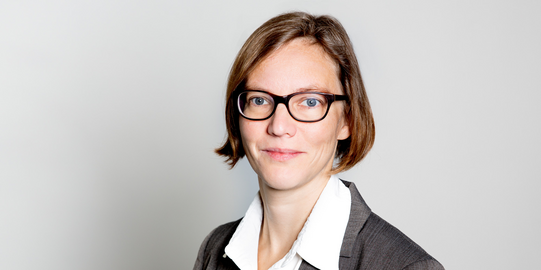Teaching during the Corona Pandemic
The study aimed to gain empirical evidence on teaching during the corona pandemic in Germany. In particular, the study focused on the general conditions and effects as well as the experience of teachers during the corona pandemic.
Funding
Own funds Professor McElvany
Project description
The closure of the schools in March 2020 to limit the spread of the coronavirus was an extraordinary measure, never before seen in the school sector. Teachers were suddenly faced with the challenge of reorganizing teaching in these stressful times and of organizing and supervising students' learning processes from a distance.

The study examines how teachers of all school types perceived the phase of school closures and associated challenges and how teaching is or has been digitally supported during the time of the corona pandemic. The experiences of teachers can be seen as a key component for educational administration, politics and the public, as they not only provide information about the phase of teaching during the corona pandemic, but also enable appreciation of what schools have accomplished. In addition, the experience teachers have gained so far can be used for the further planning and framework conditions of teaching and learning in school contexts.
An online survey of more than 3.600 teachers from all schools types in Germany was used to gather essential information. The study provides empirical findings on teaching during the corona pandemic, the general conditions and effects, and the teachers' experience during the corona pandemic. It thus provides a comprehensive insight into how schools deal with the exceptional situation of the pandemic.
Lead researcher at IFS
Project management
- PD Dr. Ramona Lorenz
Project team
- Thomas Brüggemann
Publication of the results
Suggested citation
- Lorenz, R., Lepper, C., Brüggemann, T., & McElvany, N. (2020). Unterricht während der Corona-Pandemie. Lehrkräftebefragung. Ergebnisse, Teil I: „Der Unterricht“. Dortmund: Institut für Schulentwicklungsforschung (IFS). Zugriff am 10.06.2020. Verfügbar unter: https://ifs.ep.tu-dortmund.de/forschung/projekte-am-ifs/abgeschlossene-projekte/corona-u/
- Lorenz, R., Brüggemann, T., & McElvany, N. (2020). Unterricht während der Corona-Pandemie. Zweiter Ergebnisbericht der bundesweiten Lehrkräftebefragung. Ergebnisse, Teil II: „Wohlbefinden der Lehrkräfte“. Dortmund: Institut für Schulentwicklungsforschung (IFS). Zugriff am 20.09.2020. Verfügbar unter: https://ifs.ep.tu-dortmund.de/forschung/projekte-am-ifs/abgeschlossene-projekte/corona-u/






![[Translate to English:] [Translate to English:]](/storages/ifs-ep/_processed_/8/5/csm_AdobeStock_412860748_9a2dbb816c.jpeg)
